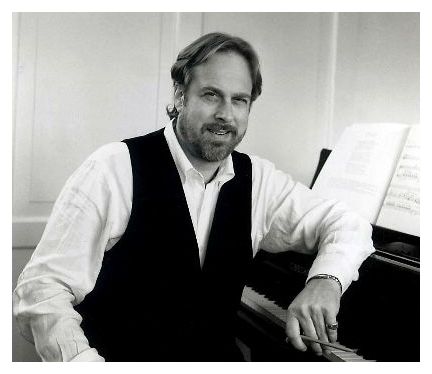

|
== Text of biography slightly adapted from
the website of Silvana Sintow Classicallia International
== Names which are links in this box and below refer to my interviews elsewhere on my website. BD |
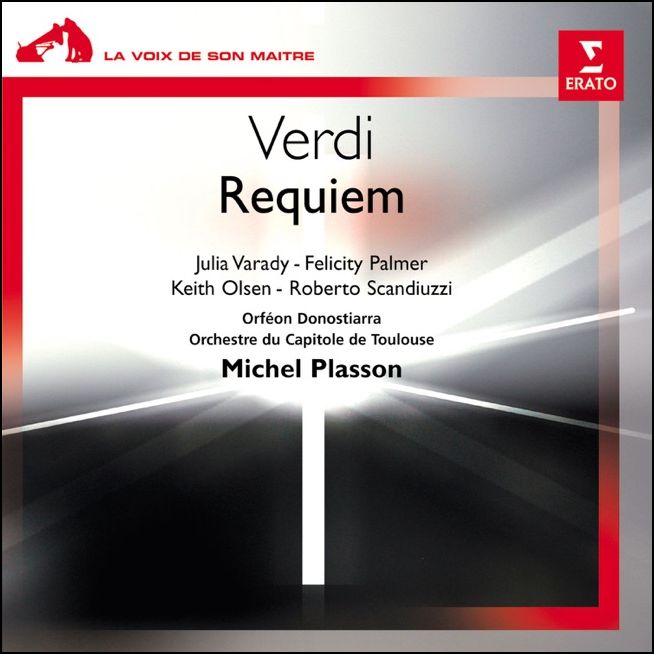 Roberto Scandiuzzi was at the Ravinia Festival in June of 1996 for
the Verdi Requiem, with Shinobu Satoh, Florence Quivar, Richard Leech, the Chicago
Symphony Chorus directed by Duain Wolfe, and the
Chicago Symphony led by Christoph Eschenbach. Two days before the
performance, it was my great pleasure to sit down with Scandiuzzi for a conversation.
His English was quite good, and as you will see, he made his ideas
clear.
Roberto Scandiuzzi was at the Ravinia Festival in June of 1996 for
the Verdi Requiem, with Shinobu Satoh, Florence Quivar, Richard Leech, the Chicago
Symphony Chorus directed by Duain Wolfe, and the
Chicago Symphony led by Christoph Eschenbach. Two days before the
performance, it was my great pleasure to sit down with Scandiuzzi for a conversation.
His English was quite good, and as you will see, he made his ideas
clear.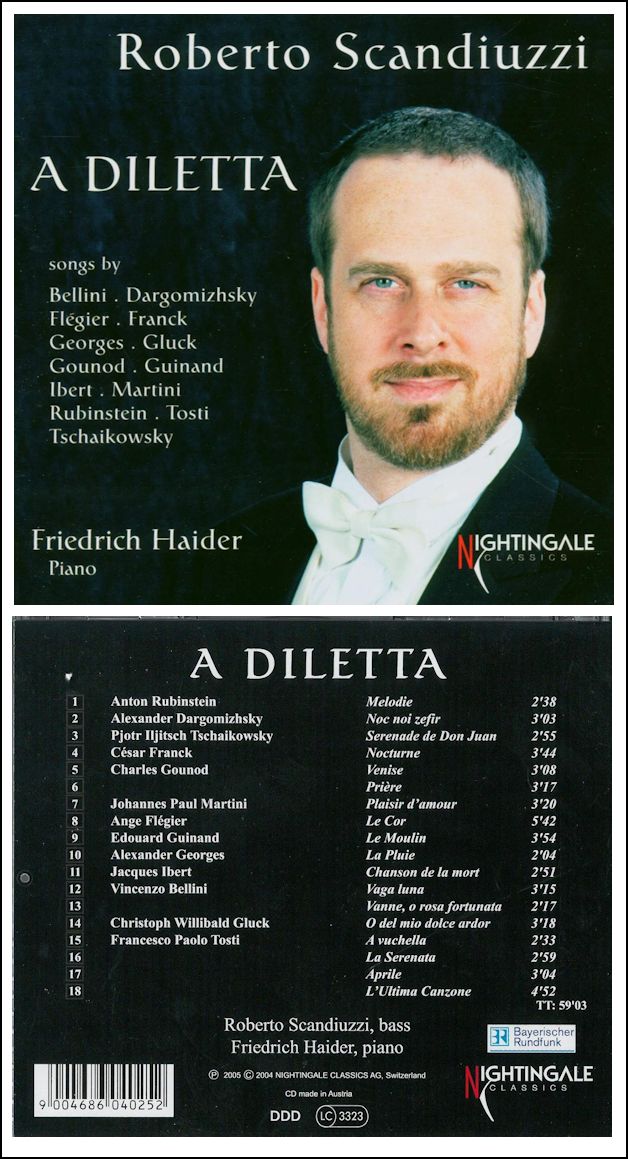
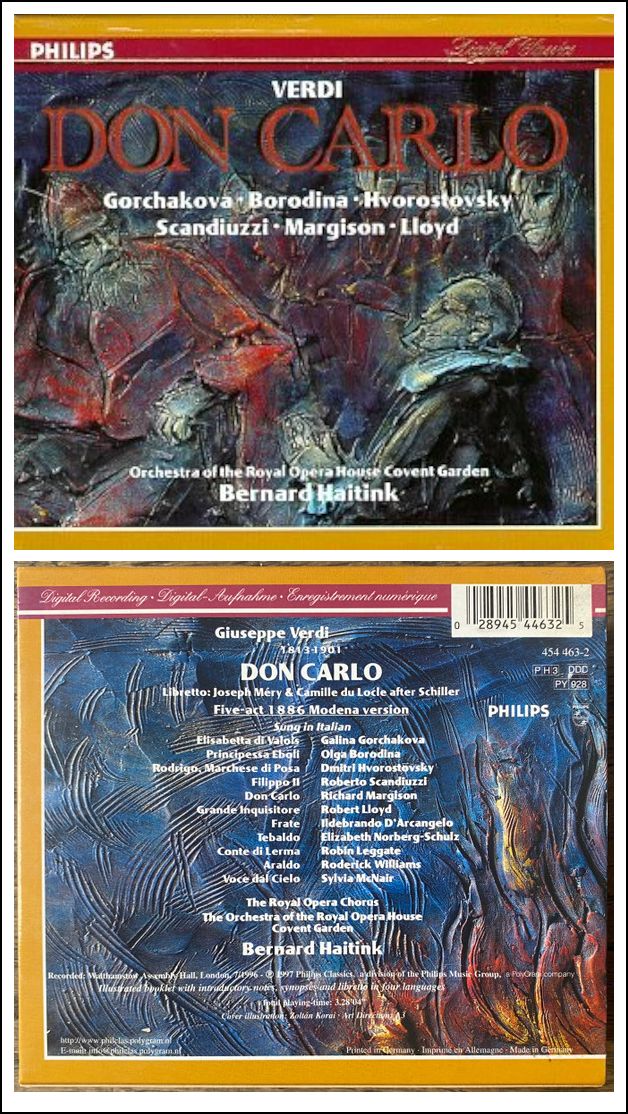
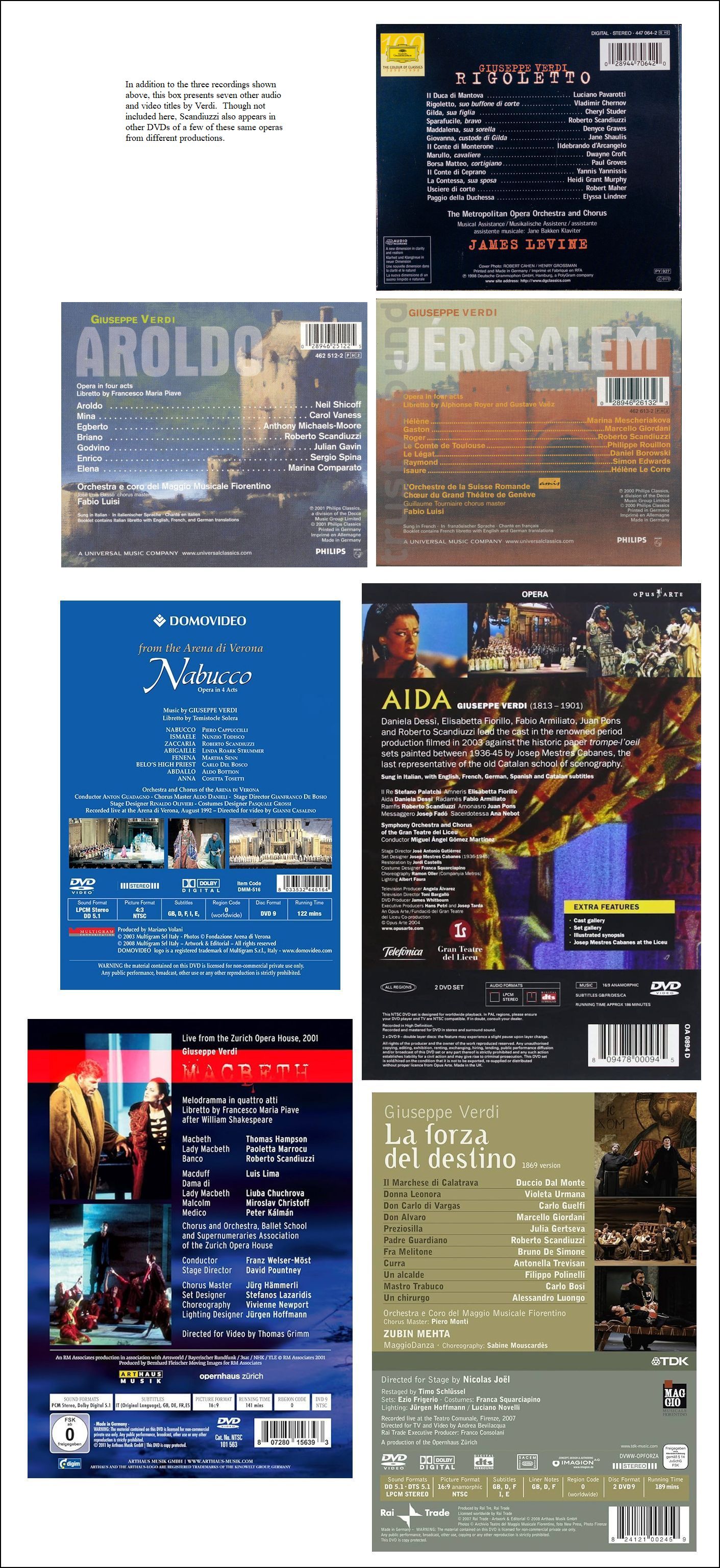
See my interviews with Denyce Graves, Paul Groves, Jane Bakken Klaviter,
Neil Shicoff, Carol Vaness
Piero Cappuccilli,
Daniela Dessì,
Miguel Ángel
Gómez-Martínez, Thomas Hampson, and Franz Welser-Möst
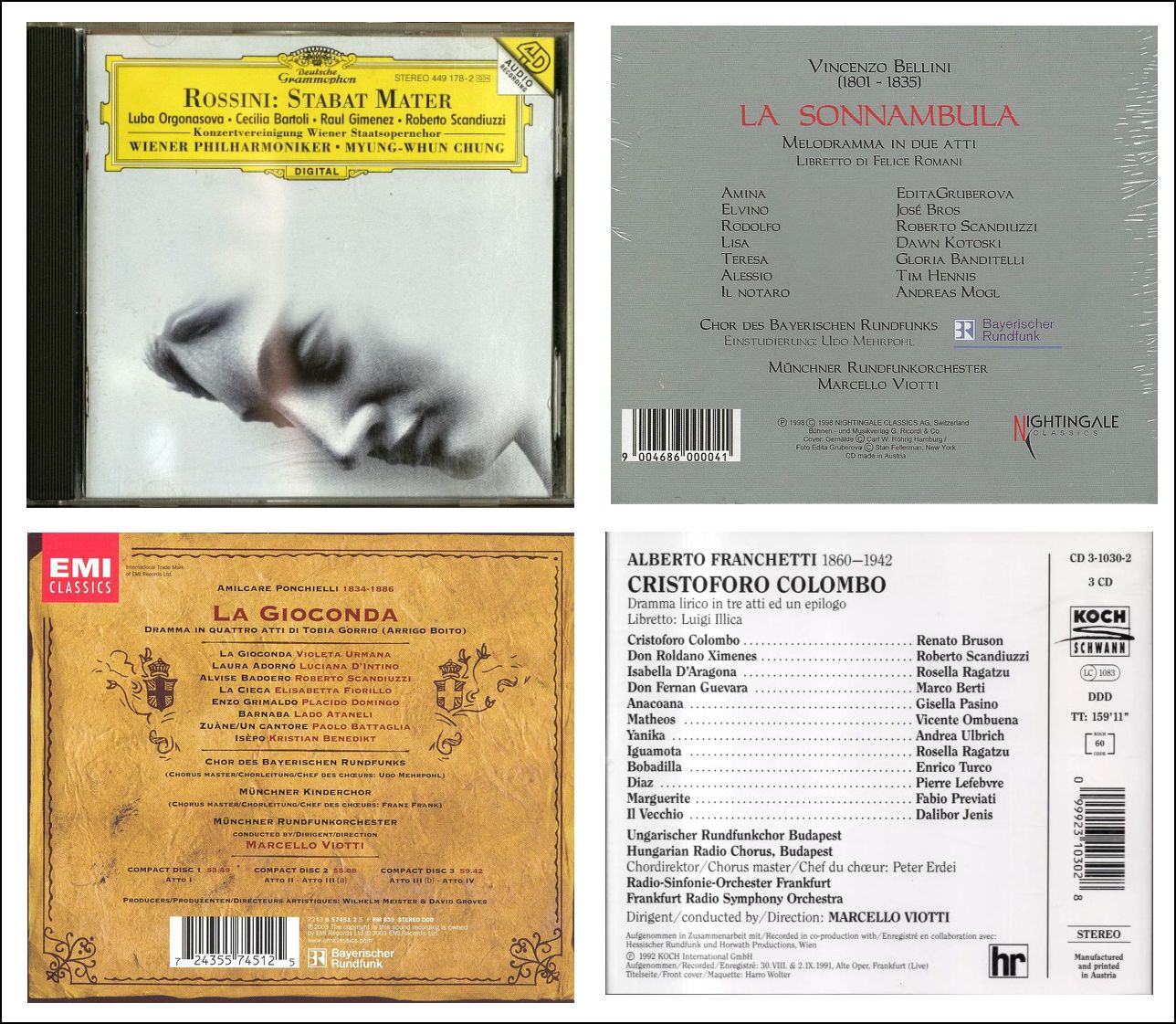
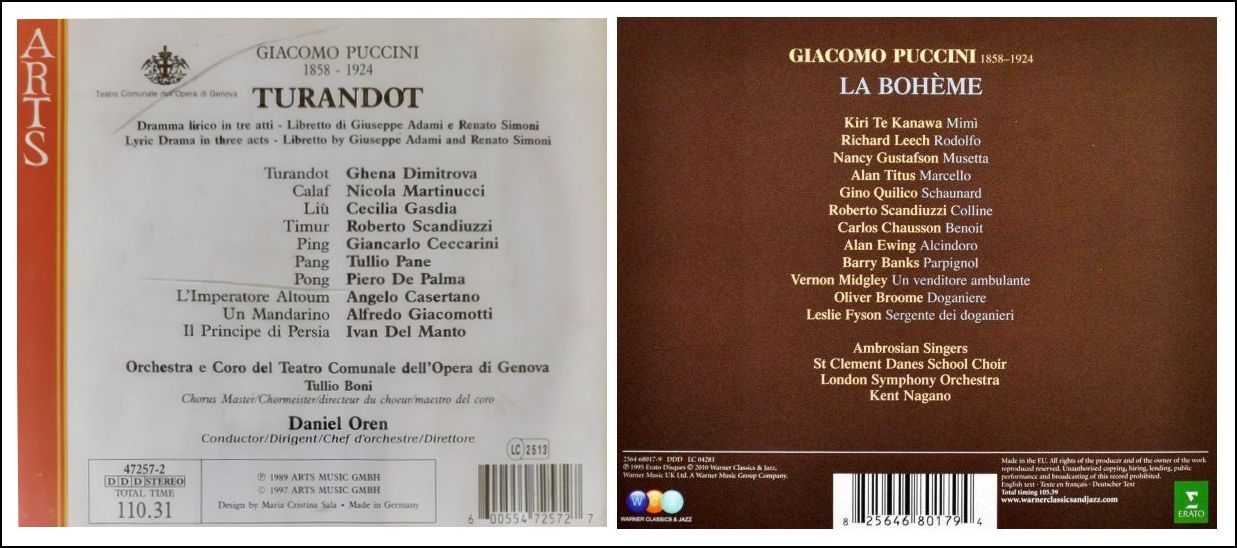
See my interviews with Ghena Dimitrova, Cecilia Gasdia, Piero De Palma, and Nancy Gustafson
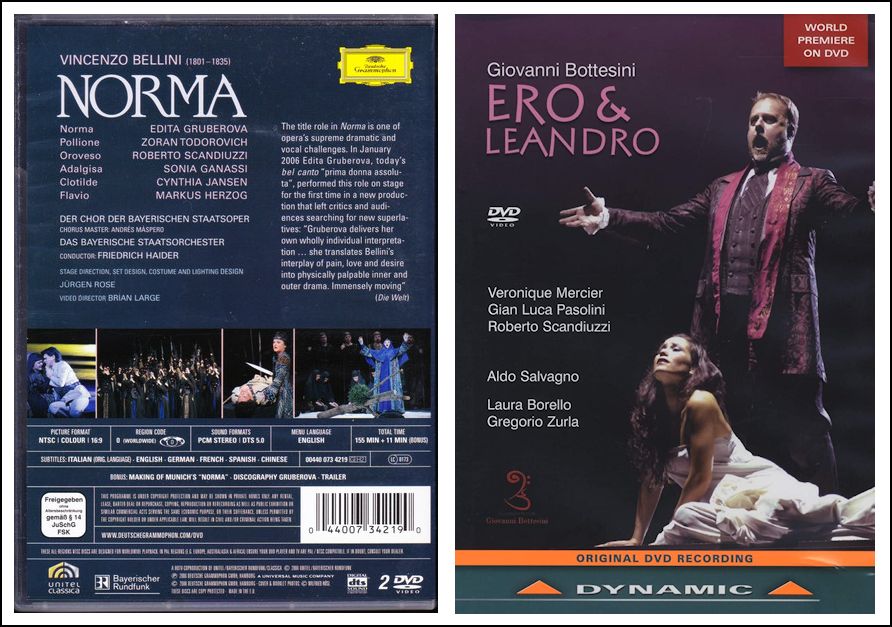
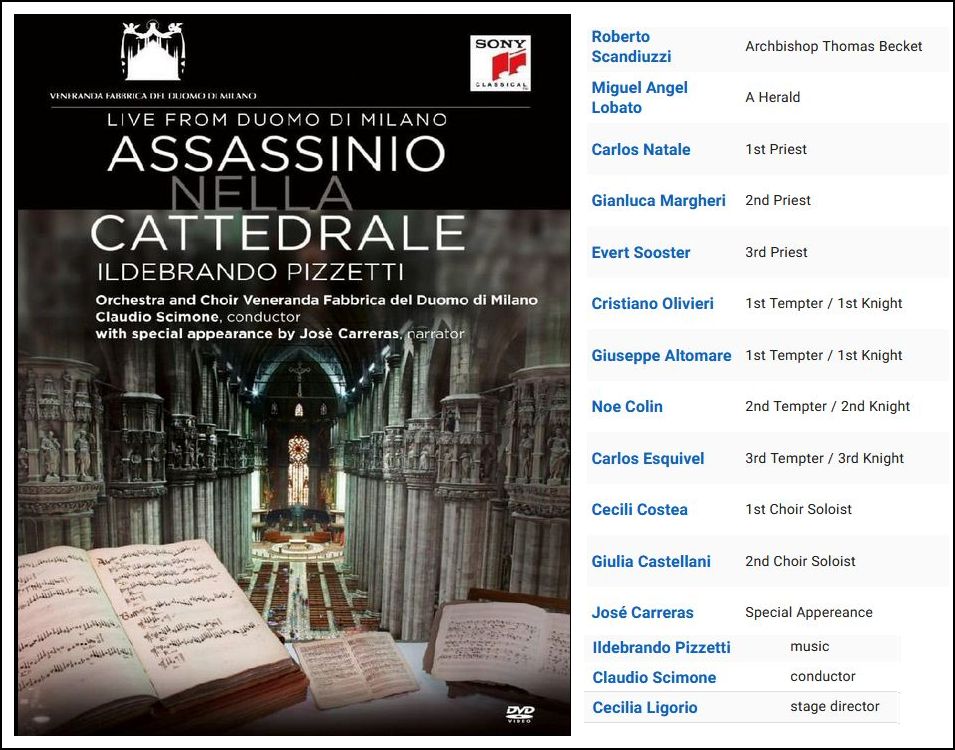
© 1996 Bruce Duffie
This conversation was recorded at the Ravinia Festival in Highland Park, Illinois, on June 21, 1996. Portions were broadcast on WNIB in 2001. This transcription was made in 2025, and posted on this website at that time. My thanks to British soprano Una Barry for her help in preparing this website presentation.
To see a full list (with links) of interviews which have been transcribed and posted on this website, click here. To read my thoughts on editing these interviews for print, as well as a few other interesting observations, click here.
Award - winning broadcaster Bruce Duffie was with WNIB, Classical 97 in Chicago from 1975 until its final moment as a classical station in February of 2001. His interviews have also appeared in various magazines and journals since 1980, and he now continues his broadcast series on WNUR-FM, as well as on Contemporary Classical Internet Radio.
You are invited to visit his website for more information about his work, including selected transcripts of other interviews, plus a full list of his guests. He would also like to call your attention to the photos and information about his grandfather, who was a pioneer in the automotive field more than a century ago. You may also send him E-Mail with comments, questions and suggestions.